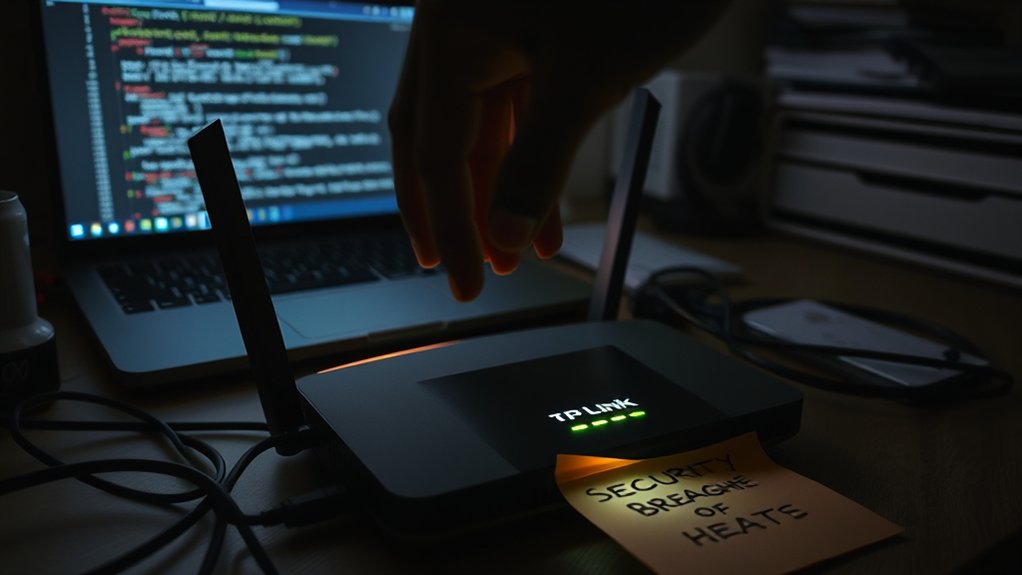Recent vulnerabilities identified in the BlueSDK Bluetooth stack, developed by OpenSynergy, have exposed a significant security breach known as PerfektBlue, with implications for the automotive industry and beyond. Uncovered by PCA Cyber Security, these vulnerabilities include four critical flaws that facilitate remote code execution on various car infotainment systems. The exploit requires minimal user interaction, typically necessitating just one click, making it a particularly insidious threat. Millions of vehicles, including models from manufacturers such as Volkswagen, Mercedes-Benz, and Skoda, may be affected, with the attack chain involving vulnerabilities in the OpenSynergy Blue SDK Bluetooth stack.
Recent vulnerabilities in the BlueSDK Bluetooth stack expose critical security risks in numerous car infotainment systems, affecting millions of vehicles.
The ramifications of the PerfektBlue vulnerabilities are severe, allowing attackers to track GPS locations in real-time and record audio from within vehicles. Access to user phonebook data stored in the infotainment systems further exacerbates the potential for privacy breaches. There is a theoretical risk of lateral movement, providing attackers a pathway to other electronic control units (ECUs) within the vehicle’s architecture. Though there are speculative concerns regarding the ability to control critical vehicle components like steering and brakes, concrete evidence of such exploitation via PerfektBlue has not been established. Additionally, this attack exploits four vulnerabilities in the OpenSynergy BlueSDK Bluetooth stack, further showcasing the depth of the security issues at hand. The breach exemplifies how zero-day vulnerabilities can remain undetected until significant damage is possible.
The attack chain utilizes a combination of memory corruption and logical vulnerabilities within the BlueSDK framework, executing its malicious intent wirelessly through Bluetooth. Detailed analyses of the compiled binaries, devoid of the source code, identified these weaknesses, raising alarms regarding cybersecurity in connected vehicles. Manufacturers were mainly unaware of these vulnerabilities until May 2024, long after they had compromised safety.
In response to the breach, OpenSynergy disclosed the vulnerabilities, and subsequent patch development was completed by September 2024. Nevertheless, complex automotive supply chains have delayed patch deployment, leaving some OEMs without solutions as recently as June 2025.
Experts urge immediate measures, such as disabling Bluetooth functionality and prioritizing updates. This incident highlights the critical need for timely security responses and stresses the importance of ongoing vigilance concerning IoT and vehicular cybersecurity.







